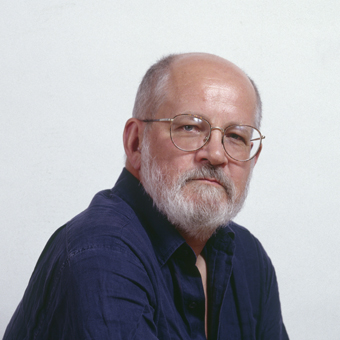
Nicholas Maw
Nicholas Maw was one of the leading post-war British composers of orchestral music and a pivotal figure in the neo-Romantic revival * Studied at the Royal Academy of Music in London with Lennox Berkeley and Paul Steinitz, and in Paris with Nadia Boulanger and Max Deutsch * Breakthrough work was Scenes and Arias (1962) premiered at BBC Proms * Acclaim for the score's lyricism and expressivity led to two operas, One Man Show (1964) and the Glyndebourne commission The Rising of the Moon (1967-70) * Nicholas Maw composed cycles of works including Life Studies (1973/76) for strings and Personae (1973-86) for piano * Music combines Viennese opulence and extended tonality with French refinement and colour * Primary influences from Romantic tradition include Brahms, Bruckner and Strauss * From 1984 divided time between Britain and the USA and was resident in Washington DC * Scores included the full-evening concert work Odyssey (1973-87), a Violin Concerto (1993) for Joshua Bell, and the opera Sophie's Choice (2002)
Works by Nicholas Maw include:
Scenes and Arias (1962, rev.1966) for soprano, mezzo, contralto and orchestra
The Rising of the Moon (1967-70) Opera in three acts
Life Studies (1973/76) 8 studies for 15 solo strings
La Vita Nuova (1979) for soprano and chamber ensemble
Maw's works after 1980 are published by Faber Music
"I'm becoming more and more concerned with what music has lost, with the things a composer can't do any more. I want to be able to do them again... There was a break in the natural tradition around 1914, for obvious social and political reasons... It seems that I am trying to regain that tradition." — Nicholas Maw
